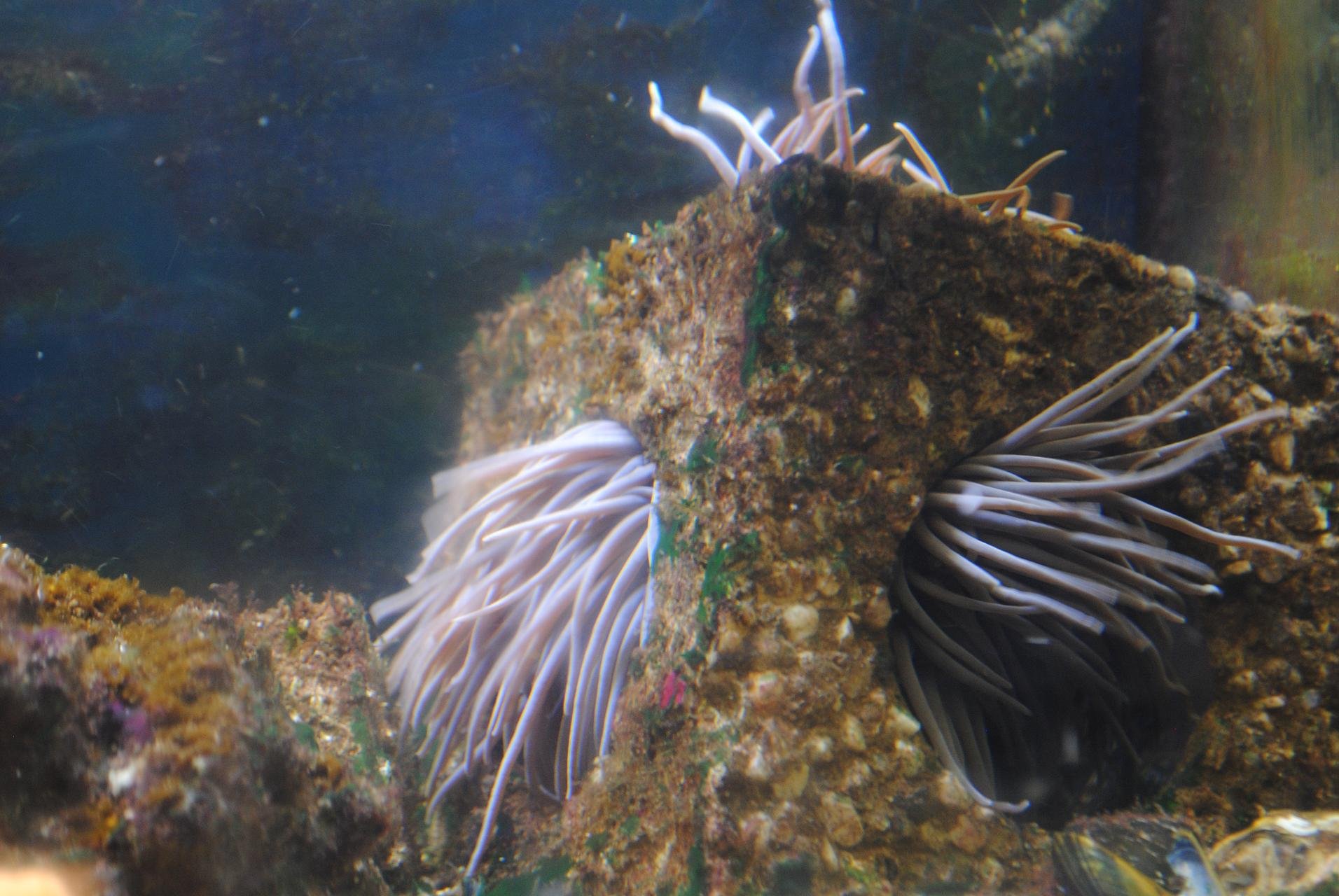
INVESTIGATING CURRENTS TO OPTIMISE ARTIFICIAL REEF IMPLEMENTATION IN MARINE RESTORATION
“Working with Enterprise Solutions has been a highly positive and enriching experience. The expertise and support provided by the Enterprise Solutions team have significantly contributed to the success of our projects.”
University of Plymouth and ARC Marine Project Team
Introduction:
Worldwide, an estimated 35 million acres of coral reefs across 93 countries are showing signs of degradation. Human activities such as pollution, irresponsible recreation, and the impact of global warming have had a significant effect. ARC Marine has implemented artificial reefs as a lowcarbon solution aimed at preserving marine ecosystems and restoring habitats. These structures are made of 98% recycled material and provide shelter for ecosystems to repopulate, allowing for feeding grounds and the reproduction of species. Researchers at the University of Plymouth have aimed to contribute to the investigation of the reef cubes' durability, utilising software supplied by Engys Ltd to analyse the impact of currents on their stability. In addition, they were able to test the potential of the software through experimentation.
Outcomes, Impact and Reflection
Through collaborations with Engys Limited and ARC Marine, the University of Plymouth has established fruitful partnerships that have been beneficial for all parties involved in the investigation.
ARC Marine have benefitted from the investigation in knowing that the placement of their artificial marine structures can function better in certain structural placements, allowing for the optimal performance of their technology.
In a 2023 Reef Conservation UK conference at Newcastle University the findings were announced in a presentation called “Numerical Investigation on Flow Field and Potential of Scouring Around Reef Cubes®”
The findings will be publicised in the 2024 Bifurcations and Instabilities in Fluid Dynamics (BIFD) conference titled “Numerical Investigation on Flow Field and Potential of Scouring Around Reef Cubes® In Marine Environment”. (Title TBC) In addition, this case study has the potential to offer significant contributions to the 2028 Research Excellence Framework (REF). The University hopes to continue collaborations with Engys on optimising solvers.l work.
The investigation also revealed that, although still important to consider, tidal currents did not have a great impact to the performance of Reef Cubes®. Instead the interference of natural marine life are more likely to alter their capabilities.
For Engys Limited, the study has validated the performance of their software and they are able to replace disadvantaged methods with their newly hybridised analysis of the relations between water and sediments. There are plans to utilise these successes by expanding the project into other initiatives within the marine field.
Enterprise Solutions Enabled
Grant funding total of £20,000 was given to the School of Engineering, Computing and Mathematics in support of the project
A peer-reviewed journal, titled “Numerical Investigation of Flow Field and Potential of Scouring Around Reef Cubes® In Marine Environment” is to be publicised at BIFD 2024
Application submitted for a 4-year EPSRC DTP studentship project.
The Project Team
Dr Yeaw Chu Lee
Associate Professor in Mechanical Engineering
Dr Vasilios Kelefouras
Lecturer in Computer Science
Dr Amir Bordbar
Research Fellow in CFD Modelling






